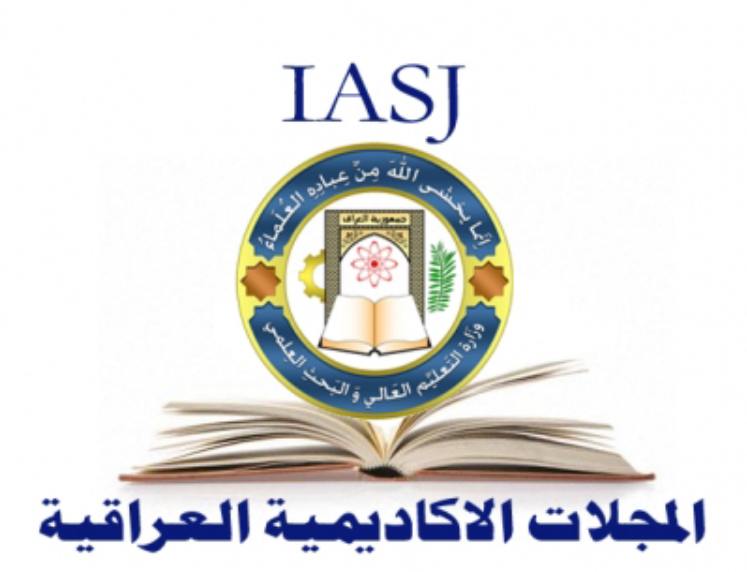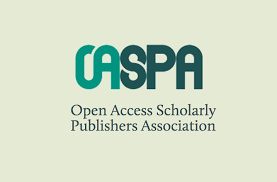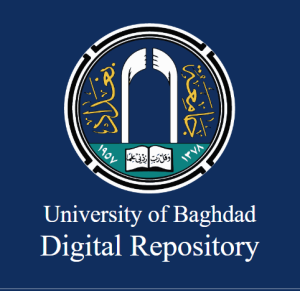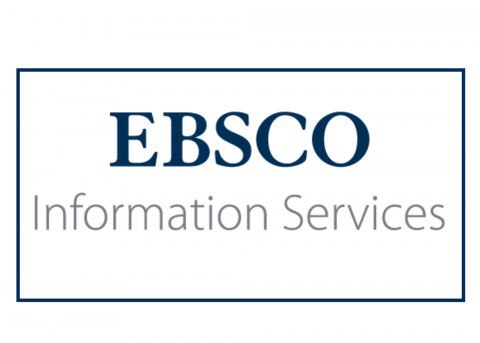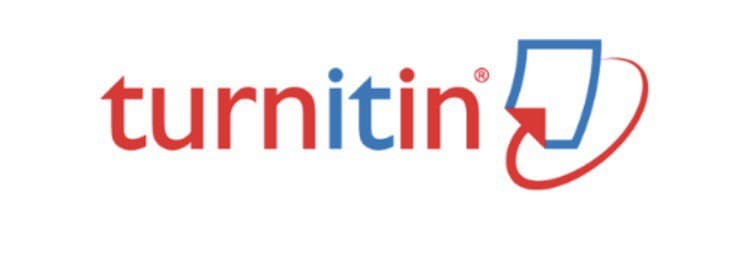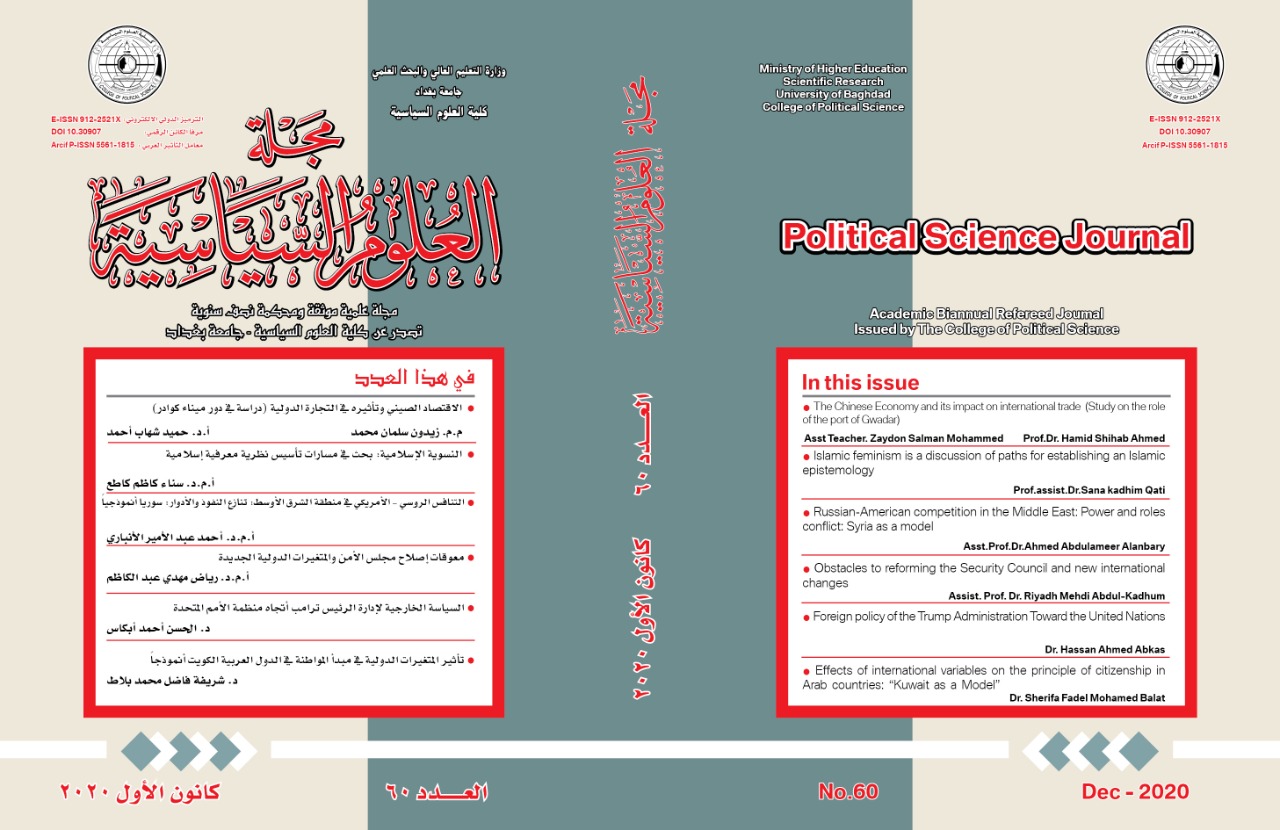سياسة الضغط الأمريكي وعقوباتها في تغيير سلوك إيران
DOI:
https://doi.org/10.30907/jcopolicy.vi63.520الكلمات المفتاحية:
، العلاقات الأمريكية-الإيرانية؛ العقوبات الأمريكية؛ التعاون الدولي؛ وجود البدائل لإيران؛ التفاهم والمصالح المتبادلةالملخص
يرمي هذا البحث إلى تحليل تأثير سياسة الضغط الأمريكي وعقوباتها في تغيير سلوك إيران. منذ الثورة الإسلامية الإيرانية عام 1979، أتبعت الولايات المتحدة الأمريكية باستمرار سياسات متنوعة تجاه إيران استهدفت من طريقها تغيير النظام بالقوة أو عزلها سياسيا واقتصاديا من طريق فرض عقوبات اقتصادية. إن الإشكالية الرئيسة لهذا البحث تكمن في التساؤل التالي: إلى أي مدى أثرت سياسة الضغط الأمريكي وعقوباتها في تغيير سلوك إيران؟ يناقش البحث أنه كلما كان هناك بدائل اقتصادية وسياسية لإيران كلما كانت الأخيرة أكثر تحديا لضغط الولايات المتحدة الامريكية وأقل استجابة لمطالبها. وأنه كلما اتبعت الولايات المتحدة سياسة تفاوضية مبنية على التفاهم المشترك والمصالح المتبادلة كلما كانت إيران أكثر استعداداً للاستجابة للمطالب الأمريكية.
تاريخ الاستلام:10/6/2021
تاريخ قبول النشر: 20/9/2021
تاريخ النشر: 1/6/2022
المراجع
List of references:
Ademmer, Esther, and Börzel A. tanja. 2013. “Migration, Energy and Good Governance in the EU’s Eastern Neighbourhood.” Europe-Asia Studies 65, no. 4: 581-60.
Ali, Omran Omer. 2018a. “Unexpected effectiveness? The European Union and the long journey to the 2015 landmark greement on Iran’s nuclear programme.” PhD diss., University of Glasgow.
Ali, Omran Omer. 2018b. “The Diplomacy of Empathy in International Relations.” Journal of University of Human Development 4, no. 3: 79-92.
Ali, Omran Omer. 2019. “From critical to comprehensive dialogue: the effectiveness of the EU’s policy towards Iran (1992-1998).” British Journal of Middle Eastern Studies, DOI: 10.1080/13530194.2019.1701408.
Allen, Susan Hannah. 2008. “The Domestic Political Costs of Economic Sanctions.” Journal of Conflict Resolution 52, no. 6: 916-944.
Blockmans, Steven, and Waizer, Stefan. 2013. “Coercive Diplomacy towards Iran: Do the Economic Sanctions Add Up?.” CEPS Policy Brief, no. 292.
Bolton, Jhon. 2007. Surrender Is Not an Option: Defending America at the United Nations and Abroad. New York: Threshold Editions.
Bowen, Q. Wyn. and Brewer Jonathan. 2011. “Iran’s Nuclear Challenge: Nine Years and Counting.” International Affairs 87, no.4: 923-943.
CEIC. 2020. “Iran Total Exports.”
https://www.ceicdata.com/en/indicator/iran/total-exports.
Çelenk, Ayse Aslihan. 2009. “Promoting Democracy in Algeria: the EU Factor and the Preferences of the Political Elite.” Democratizations 16, no. 1: 176-192.
Clinton, Bill. 1994. “Teleconference Remarks With B’nai B’rith.” August 24, https://www.gpo.gov/fdsys/pkg/PPP-1994-book2/pdf/PPP-1994-book2-doc-pg1496.pdf.
ElBaradei, Mohamd. 2011. The Age of Deception: Nuclear Diplomacy in Treacherous Times. London: Bloomsbury.
European Commission. 2014. “Counties and Region: Iran.” October 2, http://ec.europa.eu/trade/policy/countries-and-regions/countries/iran/.
European Commission. 2019. “Trade, Iran.” Access2Markets Statistics page (europa.eu).
Fitzpatrick, Mark. 2006. “Iran’s Nuclear Programme.” Survival: Global Politics and Strategy 48, no. 3: 5-26.
Gause III, F. Gregory. 1994. “The Illogic of Dual Containment.”, Foreign Affairs 73: 56-66.
George, L. Alexander. 1971. “Theory and Practice.” In The Limits of Coercive Diplomacy, ed. George, A. L. And Simons, W. E., 13-21. Oxford: Westview Press.
George, L. Alexander, and Simons, E. William. 1971. The Limits of Coercive Diplomacy. Oxford: Westview Press.
Gordon, Michael. 2018. “U.S. Lays Out Demands for New Iran Deal.” The Wall Street Journal, May 21, https://www.wsj.com/articles/mike-pompeo-lays-out-next-steps-on-iran-1526909126.
IAEA Board of Governors. 2003.“Implementation of the NPT Safeguards Agreement in the Islamic Republic of Iran: Report by the Director General.” GOV/2003/40, 6 June, Vienna.
IAEA Information Circular. 2004. “Communication dated 26 November 2004 Received from the Permanent Representatives of France, Germany, the Islamic Republic of Iran and the United Kingdom Concerning the Agreement Signed in Paris on 15 November 2004.” Infcirc/637, 26 November, Vienna.
Iran and Libya Sanctions Act of 1996. 1996. Sec. 5/a, http://www.opbw.org/nat_imp/leg_reg/US/iran_libya_sanc_act.pdf.
Iran Nonproliferation Act of 2000. 2000. U.S. Department of State, https://2009-2017.state.gov/t/isn/c15234.htm.
Iran Freedom Support Act. 2006. September 30, https://www.congress.gov/109/plaws/publ293/PLAW-109publ293.pdf.
Jentleson, Bruce. 2006. “Coercive Diplomacy: Scope and Limits in the Contemporary World.” Policy Analysis Brief, the Stanley Foundation.
Jentleson, Bruce. 2007. “Sanctions against Iran: Key Issues.” A Century Foundation Report, The Century Foundation.
Johnson, Keish. 2019. “Trump Sanctions Iran Again, Inching Toward Economic Blockade.” Foreign Policy, September 18, https://foreignpolicy.com/2019/09/18/trump-sanctions-iran-again-inching-toward-economic-blockade-saudi-oil-rouhani/.
Langbein, Julia, and Börzel, A. Tanja. 2013. “Introduction: Explaining Policy Change in the European Union’s Eastern Neighbourhood.” Europe-Asia Studies 65, no.4: 571-580.
Mousavian, Seyed Hossin, and ShahidSaless Shahir. 2014. Iran and the United States: An Insider’s View on the Failed Past and Road to Peace. New York: Bloomsbury Academic.
Noi, Aylin Unever. 2005. “Iran’s Nuclear Programme: the EU Approach to Iran in Comparison to the US’ Approach.” Perceptions: 79-102.
Pakfar, Shirin. 2010. “Dealing with Iran: How Can the EU Achieve Its Strategic Objectives.” DIIS Report 11, Copenhagen: Danish Institute for International Studies.
Pape, Robrt. 1997. “Why Economic Sanctions Do Not Work.” International Security 22, no. 2: 90-136.
Pinto, Maria Ceu. 2001. “Sanctioning Iran: US-European Disputes over Policy towards Iran.” The International Spectator: Italian Journal of International Affairs 36, no. 2: 101-110.
Portela, Clara. 2010. European Union Sanctions and Foreign Policy: When and Why do they Work?. London: Routledge.
Portela, Clara. 2014. “The EU’s Use of ‘Targeted’ Sanctions: Evaluating Effectiveness.” CEPS Working Document, no. 391, Centre for European Policy Studies.
Rome, Henry. 2019. “Iran Is Doing Just Fine.” Foreign Affairs, November 5, https://www.foreignaffairs.com/articles/iran/2019-11-05/iran-doing-just-fine.
Rose, Euclid. A. 2005. “From a Punitive to a Bargaining Model of Sanctions: Lessons From Iraq.” International Studies Quarterly 49, no.3: 459-479.
Shirvani, Tara, and Vukovic, Sinisa. 2015. “After the Iran Nuclear Deal: Europe’s Pain and Gain.” The Washington Quarterly 38, no. 3: 79-92.
Sick, G. 1998. “Rethinking Dual Containment.” Survival 40, no. 1: 5-32.
Tarock, Adam. 2006. “Iran’s Nuclear Programme and the West.” Third World Quarterly 27, no.4: 645-664.
The Guardian. 2018. “Trump Administration Unveils Full Extent of US Sanctions on Iran.” November 6, https://www.theguardian.com/world/2018/nov/05/iran-launches-military-drill-response-return-us-sanctions.
The Independent. 2018. “Iran Nuclear Deal: Why has Trump Withdrawn US from it and why Does it Matter?.” May 9,
The International Institute for Strategic Studies. 2019. “The impact of renewed sanctions on Iran.” Strategic Comments 25, no. 1, vii-ix, DOI: 10.1080/13567888.2019.1586195.
The Iran Primer. 2018. “Iran Responds to Pompeo Demands.” May 21, https://iranprimer.usip.org/blog/2018/may/21/iran-responds-pompeo-demands.
The White House-Presidency Documents. 1995a. “Executive Orders 12957-Prohibiting Certain Transactions with Respect to the Development of Iranian Petroleum Resources.” Federal Register, 60: 52, March 17.
The White House-Presidency Documents. 1995b. “Executive Orders 12959-Prohibiting Certain Transactions with Respect to Iran.” Federal Register, 60: 89, May 9.
Timmerman, Kenneth R. 1995. “Denmark Takes the Lead on Iran”, Wall Street Journal-Europe, November 27,
http://www.iran.org/news/WSJe_961127.html.
Trading Economics. 2019. “Iran Exports.”
https://tradingeconomics.com/iran/exports.
United Nations Security Council. 2006. “Resolution 1737 (2006) Adopted by the Security Council at its 5612th Meeting, on 23 December 2006.” S/RES/1737, December 23, New York.
United Nations Security Council. 2007. “Resolution 1747 (2007) Adopted by the Security Council at its 5647th Meeting, on 24 March 2007.” S/RES/1747, March 24, New York.
United Nations Security Council. 2008. “Resolution 1803 (2008) Adopted by Security Council at its 5848th Meeting on 3 March 2008.” S/RES/1803, March 3, New York.
United Nations Security Council. 2010. “Resolution 1929 (2010) Adopted by the Security Council at its 6335th Meeting, on 9 June 2010.” S/RES/1929. June 9, New York.
Washington Times. 1998. “No Time Play Nice with Iran.” Editorial Page, June 22, www.iran.org/news/WT_980622.htm.
التنزيلات
منشور
إصدار
القسم
الرخصة
الحقوق الفكرية (c) 2022 مجلة العلوم السياسية

هذا العمل مرخص بموجب Creative Commons Attribution 4.0 International License.





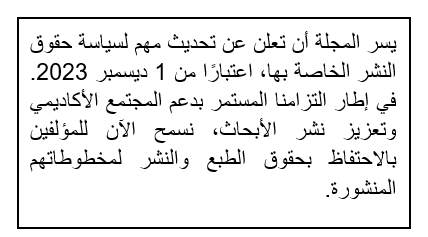
 ©️ 2023 The Author(s). Published by College of Political Science, University of Baghdad. This is an Open Access article distributed under the terms of the
©️ 2023 The Author(s). Published by College of Political Science, University of Baghdad. This is an Open Access article distributed under the terms of the 
